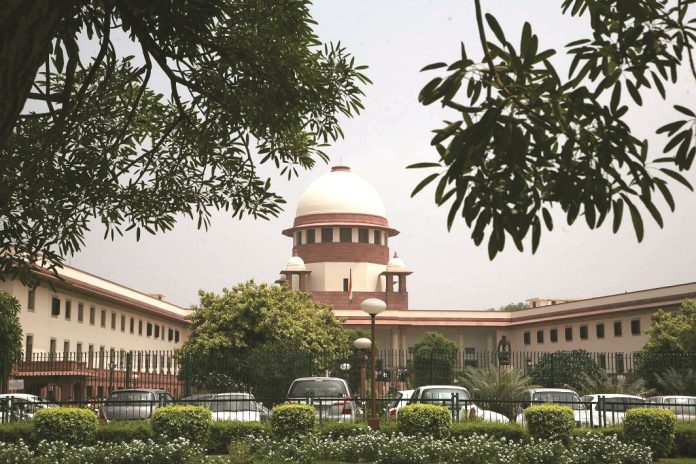The Supreme Court on Wednesday refused to extend the interim protection from arrest granted to a journalist in a bribery case, noting that being a journalist or a reporter did not give a person the licence to take the law into his own hands.
The Division Bench of Justice A.S. Bopanna and Justice M.M. Sundresh observed that the petitioner was no longer entitled to the interim protection.
While hearing a petition filed by a journalist who was denied anticipatory bail by the Madhya Pradesh High Court, the Apex Court noted that the petitioner was involved in other cases as well.
The petitioner had claimed that he was trying to expose a racket involving the illegal sale and purchase of a newborn child.
Claiming to be an accredited correspondent, the petitioner said he had published a news item in Dainik Bhaskar newspaper on July 26, 2021, exposing a racket involving illegal sale of a newborn child.
However, an FIR registered against him alleged that he sought illegal gratification to suppress the news.
He contended that as a counter blast, one of the accused in the case had registered a case against him and others.
On November 28, 2022, the Apex Court had granted interim protection against arrest to the petitioner and other journalists.
The Division Bench today noted that the petitioner, along with other journalists, were no longer entitled to the interim protection.
It said at this stage, the Court had the benefit of the counter statement filed on behalf of the state.
Refusing to go into the nature of the allegations at the current stage, the top court of the country noted that the petitioners were also involved in other cases.
It also took note of the fact submitted by the counsel representing the State of Madhya Pradesh that the investigation against the petitioners had been completed.
It granted liberty to the investigating officer to decide whether there was a need for the petitioners to be taken into custody.


